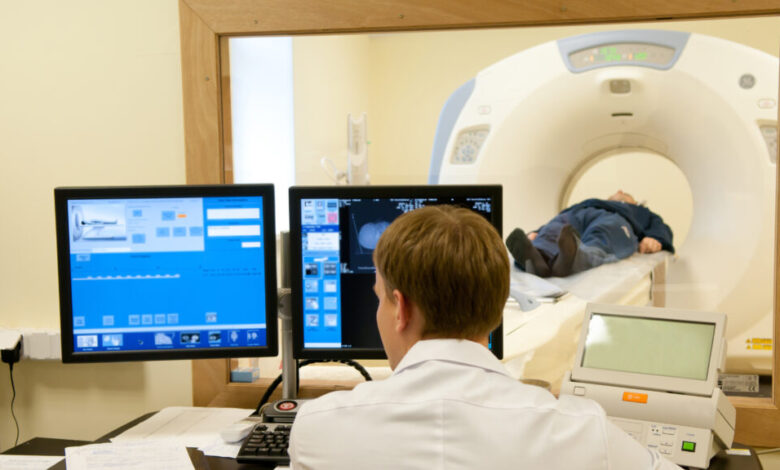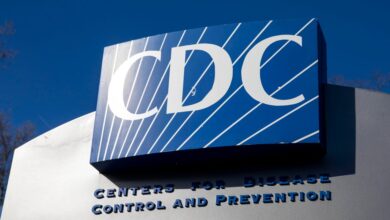Kennedy v. Braidwood challenge to ACA could upend preventive care

In a landmark case that could have far-reaching implications for preventive health care in the United States, the U.S. Supreme Court is set to hear arguments in Kennedy v. Braidwood Management. At the heart of the case is a challenge to an Affordable Care Act provision that guarantees coverage for preventive services recommended by the United States Preventive Services Task Force.
For the past 15 years, Americans have enjoyed the benefits of this provision, which ensures that essential preventive services such as cancer screenings, statins, PrEP for HIV prevention, and breast cancer medications are fully covered by health insurers. However, if the Supreme Court strikes down this provision, insurers may have the discretion to deny coverage for these critical services, leading to potential barriers to accessing preventive care.
Health experts and advocates are deeply concerned about the potential consequences of losing mandated coverage for preventive services. Scott Ramsey, a cancer researcher and physician, warns that even small copays for cancer screenings could deter individuals from getting screened, ultimately leading to more advanced-stage cancer diagnoses. Similarly, Bennett Klein, a senior director of litigation and HIV law, emphasizes the importance of maintaining coverage for PrEP to prevent new HIV infections and reduce barriers to access.
The case was originally brought forth by conservative Christian employers in Texas, who argued that the requirement to cover certain preventive services violated their freedom of religion. The lower courts ruled in favor of the plaintiffs, prompting the Biden administration to appeal the decision to the Supreme Court. The Trump administration, now represented by HHS Secretary Robert F. Kennedy Jr., has continued to defend the ACA provision, arguing that the task force recommendations fall under the authority of the HHS secretary.
The outcome of the case could have significant implications for the future of preventive health care in the United States. If the Supreme Court sides with the Trump administration, it could empower the HHS secretary to veto certain task force recommendations, effectively allowing insurers to deny coverage for essential preventive services. This decision has sparked unexpected alliances, with advocacy groups and LGBTQ+ organizations joining forces to defend the ACA provision.
As the Supreme Court prepares to hear arguments in Kennedy v. Braidwood Management, the future of preventive health care hangs in the balance. The ruling in this case will not only impact coverage for essential preventive services but also set a precedent for the government’s authority to regulate health insurance coverage. Experts and advocates are closely watching the case, hoping for a decision that upholds access to preventive care for all Americans. Preventive Medicine: The Cost-Effectiveness of Cancer Screenings
The debate surrounding insurance coverage for preventive services recommended by the U.S. Preventive Services Task Force continues to be a hot topic. The question arises – if insurers are no longer mandated to cover these services, would they still offer cost-free coverage? The cost-effectiveness of preventive medicine, particularly cancer screenings, cannot be ignored. Preventing diseases like advanced cancer is not only beneficial for individuals but also proves to be a more cost-effective approach compared to treating the disease at a later stage.
Fred Hutch’s Ramsey emphasized the cost-effectiveness of cancer screening, stating that it is one of the best deals in terms of improving quality and quantity of life. However, he also highlighted that cancer screening may not necessarily save insurance companies money. The fragmented nature of the U.S. healthcare system, with individuals frequently changing insurers, adds complexity to the situation. While most savings from cancer prevention benefit Medicare, there is a possibility that some insurers may reconsider fully covering cancer screenings if they are not required to do so.
Ramsey pointed out that economic costs do not influence the task force’s recommendations. The task force sets a high bar for recommending services, requiring strong evidence of clinical benefit that exceeds harm. Tests for breast, colorectal, cervical, and lung cancer screening have undeniably saved lives, with tens of thousands of lives spared due to widespread screening. Should access to these screenings become restricted due to added costs, the potential benefits in terms of lives saved and treatments averted could diminish.
In conclusion, the future of preventive medicine, particularly cancer screenings, hinges on the accessibility and affordability of these services. While the task force’s recommendations are rooted in evidence-based practices that prioritize public health, the financial implications for insurers and individuals cannot be overlooked. The ongoing debate underscores the importance of striking a balance between cost-effectiveness and quality healthcare for all individuals.





